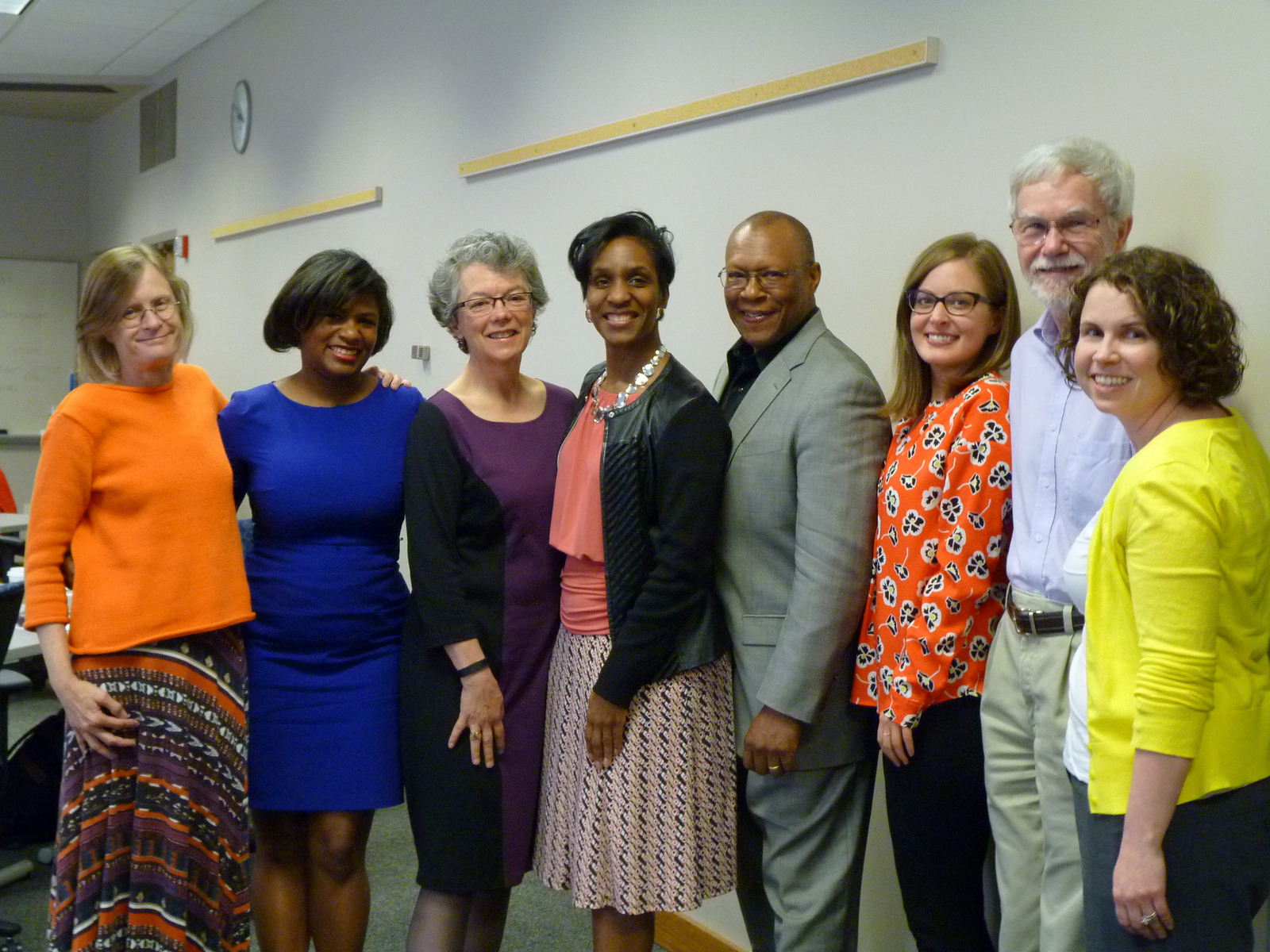In April 2017, NRMN is proud to announce the release of a new training curriculum:
CULTURALLY AWARE MENTORSHIP (CAM) is an innovative initiative launched through NRMN to enhance mentors’ and trainees’ ability to effectively address cultural diversity matters in their research mentoring relationships. The CAM initiative and approach are supported by evidence which indicates that broader participation of culturally diverse groups enhances the quality of research and practice in the biomedical, behavioral, and clinical sciences.
There are three components of the Culturally Aware Mentorship curriculum:
CAM Online Module: A ~1hr, self-directed session that reviews key cultural diversity terms and research on the relevance of race, ethnicity, and other dimensions of cultural diversity to research training in the biomedical, behavioral, and clinical sciences.
To request more information about this module email cam_nrmn@wcer.wisc.edu
CAM Training:
- What is it? A 6hr intensive training designed for mentors who have already completed some form of mentor training. In this module, participants look inward and examine their own racial and ethnic identity, and use insights from these reflections to identify their personal assumptions, biases, and privileges that may operate in their research mentoring relationships. Through a combination of activities including group discussion, case studies, and role play, mentors learn and practice culturally aware mentoring skills in order to increase their capacity to respond better to cultural diversity matters in their research mentoring relationships.
- Who Can Participate? CAM training sessions have been facilitated with mentors across career stages (faculty, staff, post-doctoral fellows, graduate students) and in a variety of training settings including academic science departments and medical schools as well as training programs sponsored by federal and private foundations. Curricula for trainees are currently under development.
Culturally Aware Mentoring Skills (CAMS) Survey: a 21-item skills self-assessment relating to culturally aware mentoring.
Click here to obtain more information and inquire about using this survey.
Meet the CAM Team

The CAM subgroup is led by Angela Byars-Winston (University of Wisconsin-Madison, center) and includes Amanda Butz (University of Wisconsin-Madison, far right), Rick McGee (Northwestern University, second from right), Sandra Quinn (University of Maryland College Park, third from left), Carrie Saetermoe (University of California Northridge, left), Stephen Thomas (University of Maryland College Park, fourth from right), Emily Utzerath (University of Wisconsin-Madison, third from right), and Veronica Womack (Northwestern University, second from left).
Publications/Social Media about CAM:
- Read the CAM Newsletter
- Read the blog post: “Want to help diversity the biomedical workforce? Start with mentoring” (The Sullivan Alliance)
- Watch two videos on Mentor Training to Improve Diversity in Science (iBiology)
- Join the conversation on Twitter: #wokementoring
Want more information? The NRMN CAM team is holding an informational webinar on Thursday, April 27th:
Register for CAM: “Digging Deeper, Doing Better: Research Science and the Messiness of Engaging Cultural Diversity” on Apr 27, 2017 2:00 PM CDT at:
https://attendee.gotowebinar.
Scientists are cultural beings but are often reticent to acknowledge cultural diversity matters amongst themselves. Engaging with such matters is sometimes viewed as irrelevant to or detracting from “doing” science, and just plain messy. This webinar will review evidence documenting how race and privilege shape individuals and institutions, including career trajectories and the research training enterprise; review key terms useful in understanding experiences of scientists from historically underrepresented groups; and highlight emerging efforts within NRMN to support scientists “digging deeper and doing better” with engaging cultural diversity matters.
